We’re proud to share some exciting news — Enable Ag has been named the 2025 TAS State Winner in the Consultancy, Training & Employment Services category of the Australian Achiever Awards!
Scoring an exceptional 99.61% for customer satisfaction, this result places us among Australia’s top-performing service businesses and reflects the genuine, values-driven partnerships we’ve built with farming clients across the country.
What the Award Means
Now in its 28th year, the Australian Achiever Awards is one of the most respected independent customer service recognition programs in the country. What makes it stand out? It isn’t decided by a panel or an algorithm — it’s built entirely from the voices of real clients.
The judging process evaluates businesses against eight customer service pillars:
- Time-Related Service
- Addressing Client Needs
- Care and Attention
- Value
- Attitude
- Communication
- Overall Perception
- Referral
A score above 80% is considered exceptional. Enable Ag scored 100% in five out of eight categories, including Time, Value, Attitude, and Communication. Our overall score of 99.61% reflects not just operational excellence — it reflects trust, consistency, and heart.
The Real Measure of Service? What Clients Say
Awards are nice. But the real reward is what our clients had to say about their experiences. We were genuinely moved by their words.
“Ram has transformed the way I run my business. He’s introduced systems and options I never would’ve considered. The platform is fantastic, and we can access it any time.”
— Enable Ag Client
“Enable Ag is professional, engaging, and thorough. They’re always on time, follow up without being asked, and Ram is easy to reach. We’ve seen direct improvements to revenue because of them.”
— Enable Ag Client
“They’re not just ticking boxes. They’re actively solving problems and encouraging innovation. I can throw ideas at them, and they help make them real.”
— Enable Ag Client
This feedback reminds us that customer service isn’t just about responsiveness — it’s about being proactive, generous with ideas, and deeply invested in the success of our clients.
Acknowledging the People Behind the Service
While Enable Ag has grown, our team remains grounded in relationships. This award highlighted not only the systems and support we provide — but also the people.
Special mention goes to Ram, our founder, and Elaura, one of our most trusted team members. Both were named directly by clients for their standout service, clarity of communication, and hands-on support throughout the year.
We believe the best customer service doesn’t just meet expectations — it educates, empowers, and opens up new possibilities. And that’s what Ram, Elaura, and the team bring to every farm we partner with.
Why It Matters to Australian Agriculture
This award is more than a moment of pride. It’s a clear sign that something important is happening in ag.
Across Australia, farming businesses are evolving. They’re moving away from reactive, informal processes and stepping into a future where clarity, systems, and people-focused service lead the way.
Enable Ag is proud to be part of that change. Our role is to help family farms — no matter their size — streamline their operations, protect their time, and build resilient teams and systems that can handle the pressures of growth, succession, and seasonality.
We’re not here to just fix what’s broken. We’re here to build what comes next.
What’s Next — and How You Can Join Us
This recognition pushes us to keep raising the bar. We’re continuing to invest in:
- New resources and systems that simplify farm operations
- Training programs that build leadership capacity on the ground
- Support structures that empower not just business owners, but their entire team
Whether you’re a farm manager trying to align your crew, or a business owner looking to grow without burning out, we’re here to help.
We also invite you to explore our free tools — designed to help you future-proof your team and reduce reliance on any one person.
Thank You
To every farm owner, team member, and business partner who placed their trust in us: thank you. Your commitment to growth and better systems is what makes this award possible.
And to our future clients — we’re excited to show you what’s possible when a values-driven business meets a purpose-driven farm.
Here’s to raising the bar for service in agriculture — together.
If you found this article helpful, share it with your network to help others unlock their farming potential. Don’t forget to like and follow us on social media for more insightful tips: Facebook, Instagram, and LinkedIn. Let’s empower more farmers together!

 Enable Ag
Enable Ag Enable Ag
Enable Ag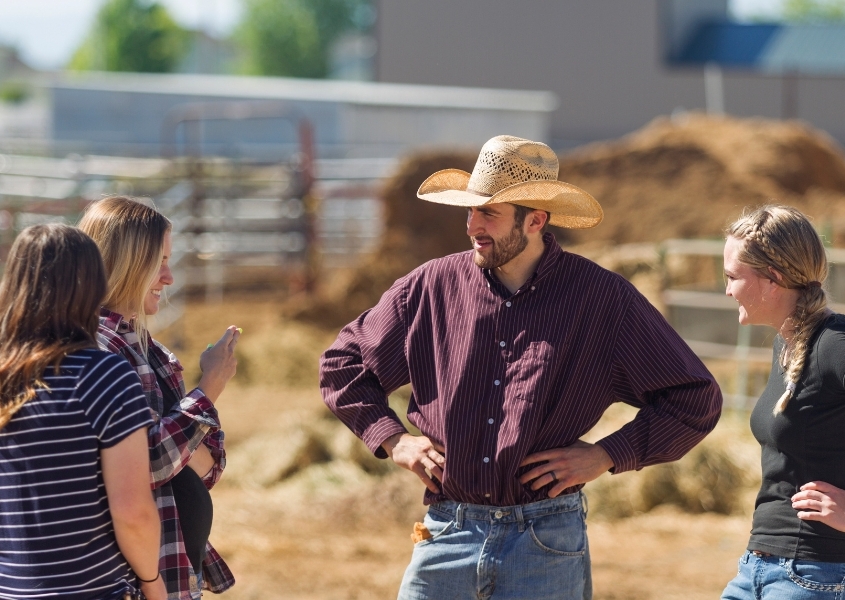
 Enable Ag
Enable Ag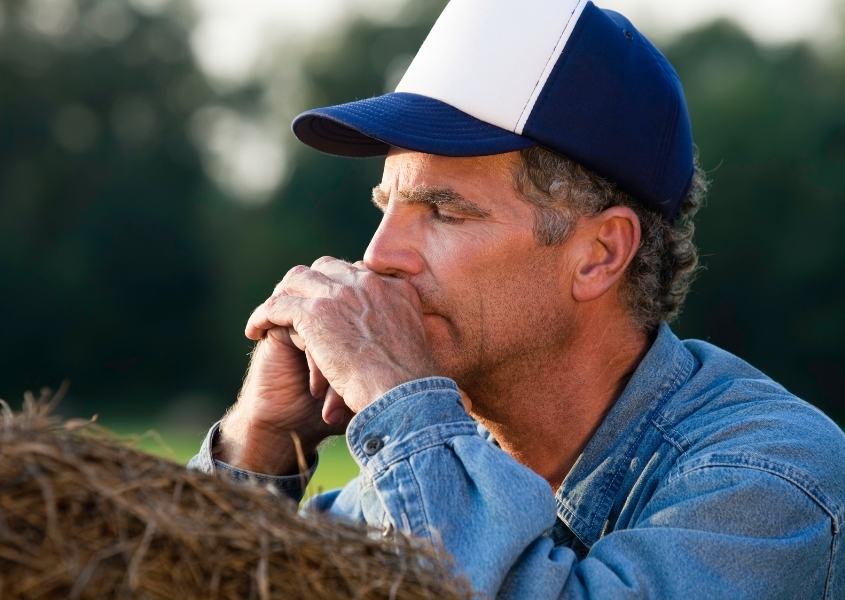
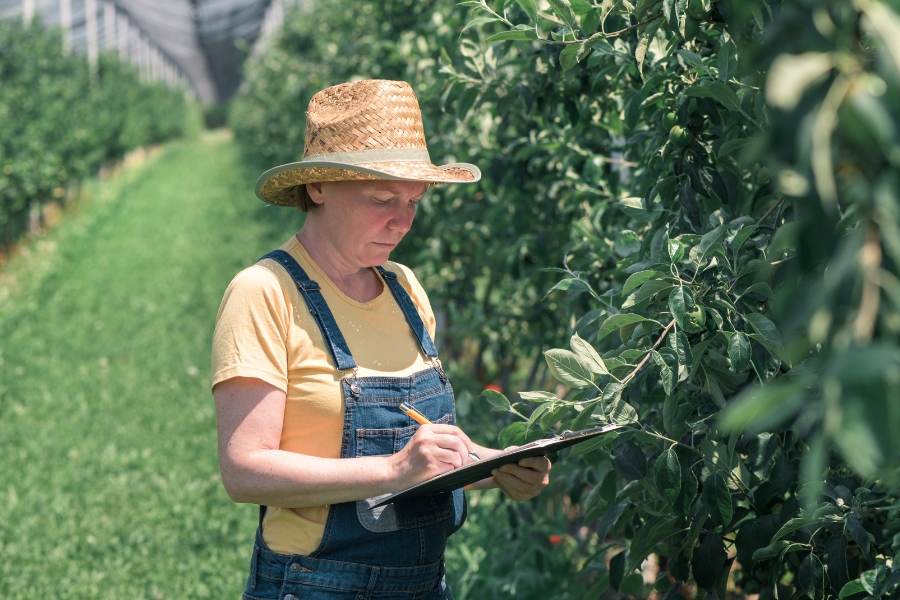 Enable Ag
Enable Ag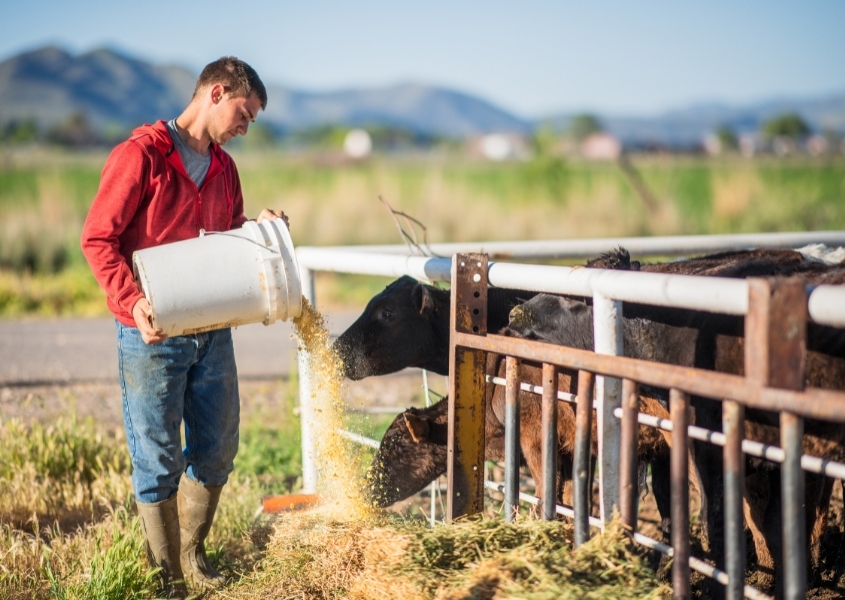
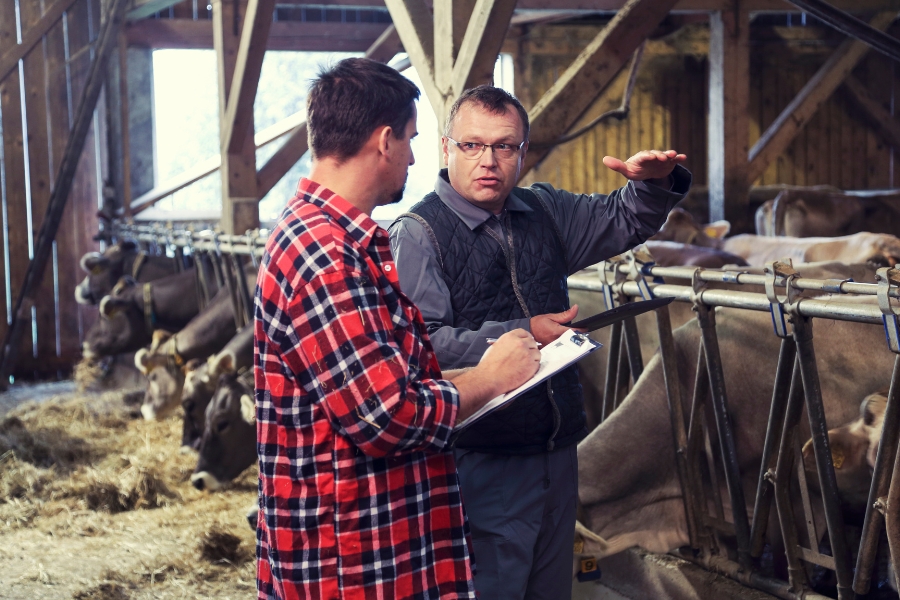 Enable Ag
Enable Ag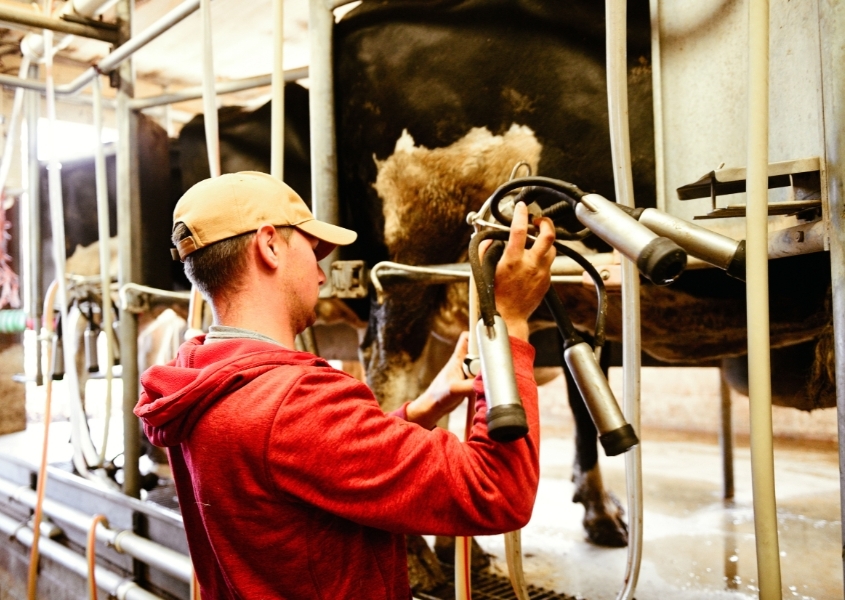
 Enable Ag
Enable Ag
 Enable Ag
Enable Ag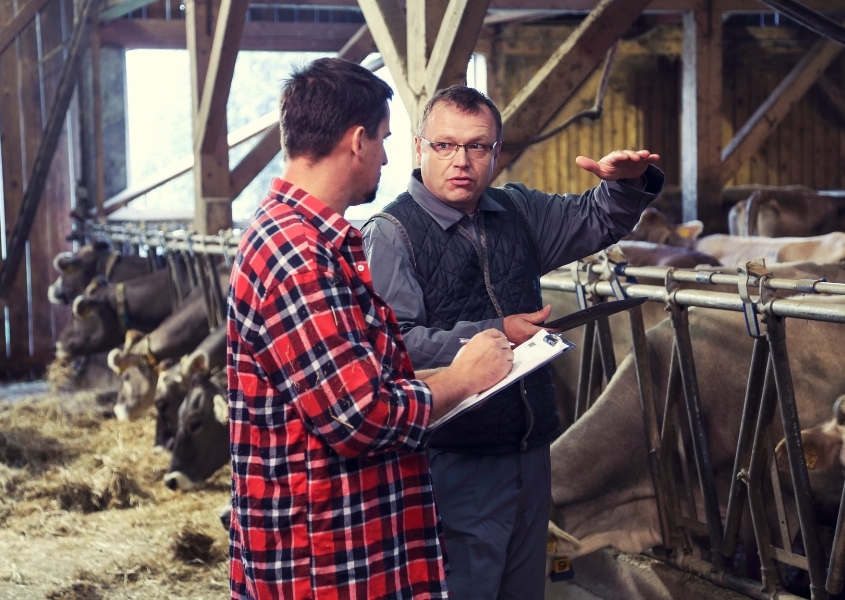
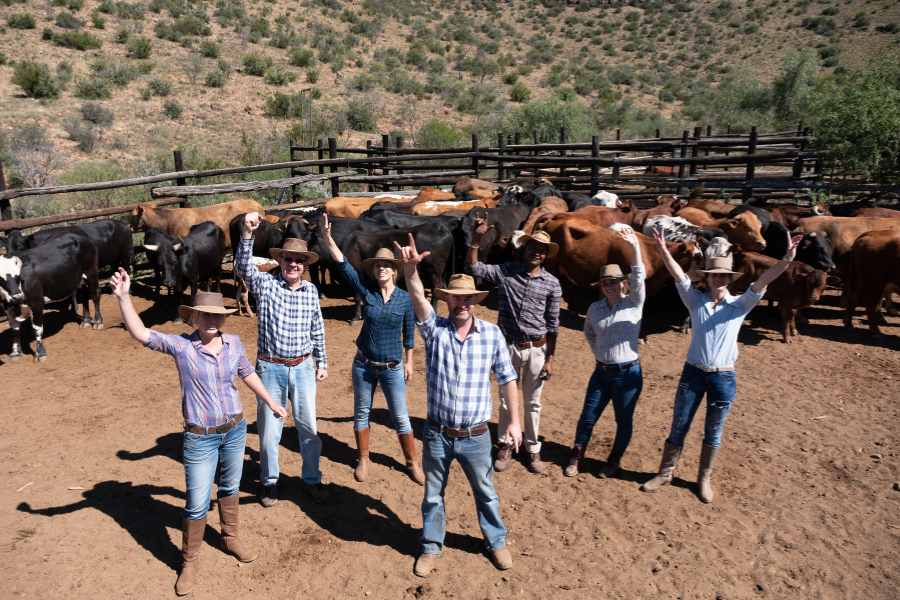
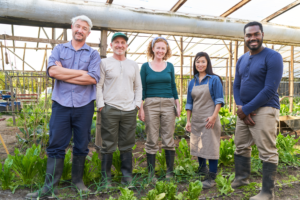
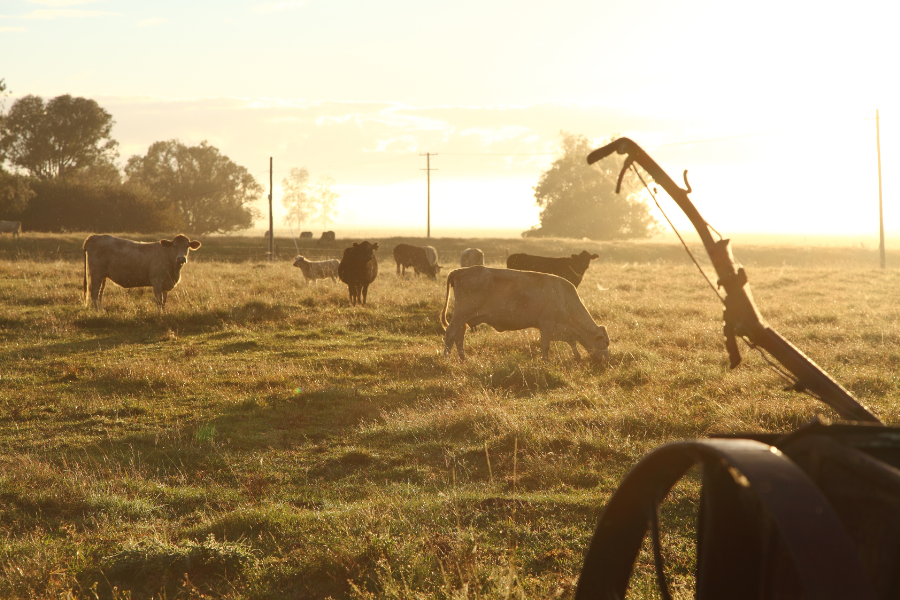 Enable Ag
Enable Ag
 Enable Ag
Enable Ag
